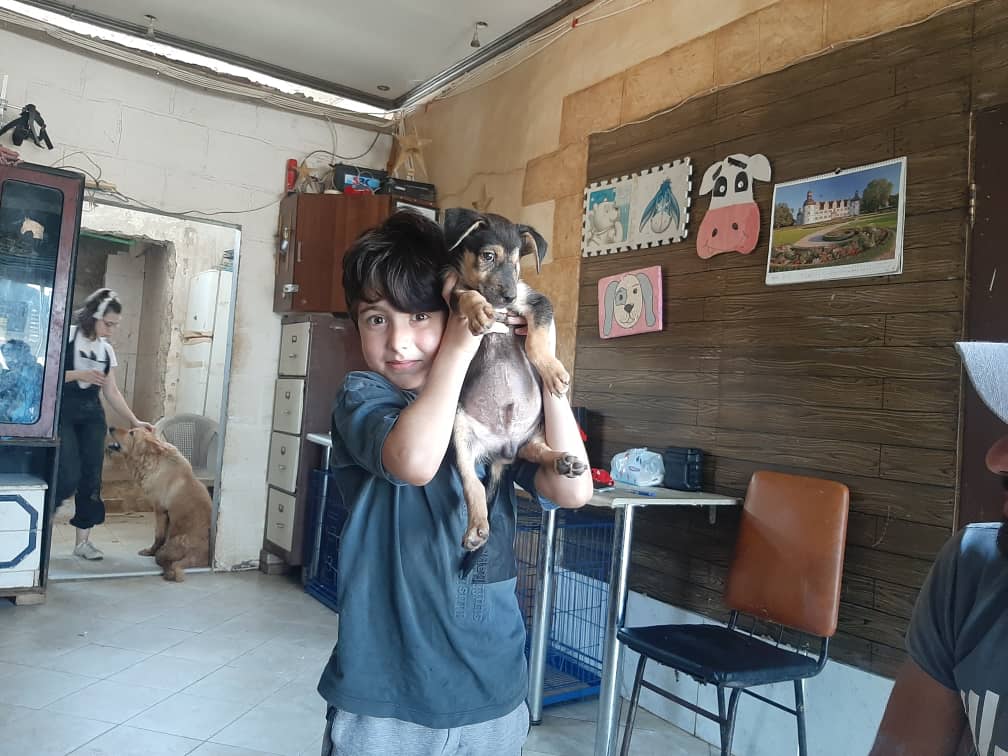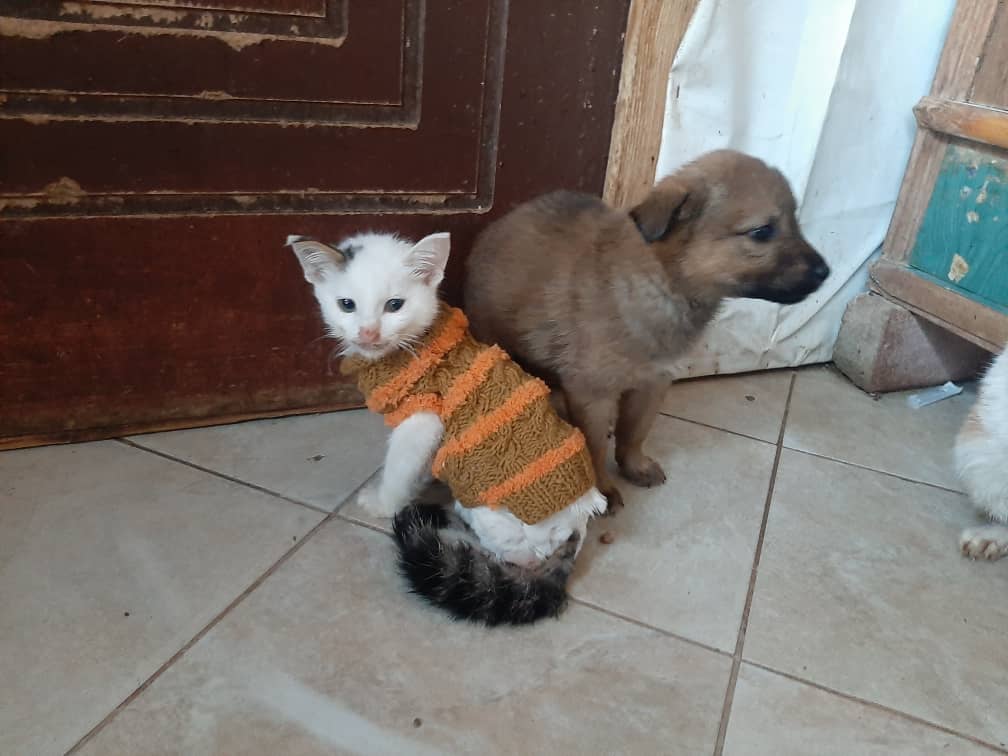EU diplomat visits threatened Sheikh Jarrah home
AMMAN: The head of the EU Mission to the West Bank and Gaza Strip, Sven Kuhn von Burgsorff, visited the home of the Salem family, that is currently facing eviction, on Dec. 28.
The EU official made a strong public appeal, calling on Israel to call off the eviction, asking: “How on Earth is it possible that a family is evicted on Christmas in the middle of the winter?”
The EU delegation ran a photo on Twitter, adding: “Members of Nassar family continue gathering on their land in the neighborhood of #SheikhJarrah in the occupied #Jerusalem after Israeli settlers placed barbed wires around the land in an attempt to seize it. #SaveSheikhJarrah.”
Israel has been waging a concerted campaign to take over as many homes as possible in the Sheikh Jarrah neighborhood of occupied East Jerusalem to turn it into a Jewish area.
Fatmeh Salem, 69, who was born in the family home and has lived there all her life, said she had paid rent to the Jordanian government for the house since the 1950s.
The Israeli-controlled administration of absentee properties is a major enabler of Jewish settler groups, while Palestinians who lost homes in West Jerusalem and live now in East Jerusalem are not even allowed to have their homes back.
FASTFACT
The last evictions in Sheikh Jarrah took place in 2017.
On Dec. 19, the opposition Israeli website Plus972 gave details of what occurred while their reporter visited the Salem family in Sheikh Jarrah early this month.
“Fatmeh was home when she heard banging on her front door last week,” it reported. “She opened it and saw Jerusalem Deputy Mayor Aryeh King, holding a telephone and filming her.
“Next to him stood Yosef — from the municipality and King’s No. 2 official — claiming he had purchased the rights to the land from a Jewish family that lived in the home before 1948.
“‘This is my home,’ the official said and handed her an eviction notice. “‘Seriously?’ she asked.
“‘Yes, this is our house and we will get it back,’ Yosef replied.”
Plus972’s reporter continued: “Our conversation is cut off by noise coming from outside. Young, English-speaking Jews have arrived with metal fence posts. Fatma (Fatmeh) storms out to confront them: ‘What are you doing?’ she asks, as they begin to fence in a plot of the land adjacent to Fatma’s home, which is currently used as a parking space for two residents of the neighborhood, as well as a settler who moved to Sheikh Jarrah two years ago.
“Palestinians arrived, and a verbal altercation broke out. ‘How can I get into my home? Why are you doing this?’ Fatma yelled at them.
“The man who took charge of the fencing was Haim Silberstein, one of Aryeh King’s associates, who was wearing a suit and demanded we not film him.
“The police arrived … and upon seeing legal papers showing the settlers had no right to build the fence, ordered the construction be stopped.”
Fatmeh then told the Plus972 reporter: “This is the beginning of our expulsion.”
An hour later, the reporter continued, King himself arrived at the home.
“He stood before the family and said: ‘Soon there will be a neighborhood for Jews here, thank God,’ before reciting the names of the various Palestinian neighborhoods in Jerusalem that he has already helped Judaize,” the reporter added.
The last expulsion in Sheikh Jarrah took place in 2017 against members of the Shamanseh family.
Back then, Aryeh King was reportedly directly involved through his organization, the Israel Land Fund, which assisted in taking over the Shamanseh’s home.

UN urges Israel to stop demolitions and evacuations in Sheikh Jarrah in West BankIllinois congresswoman slams Iron Dome funding and ‘theft’ of Sheikh Jarrah homes












